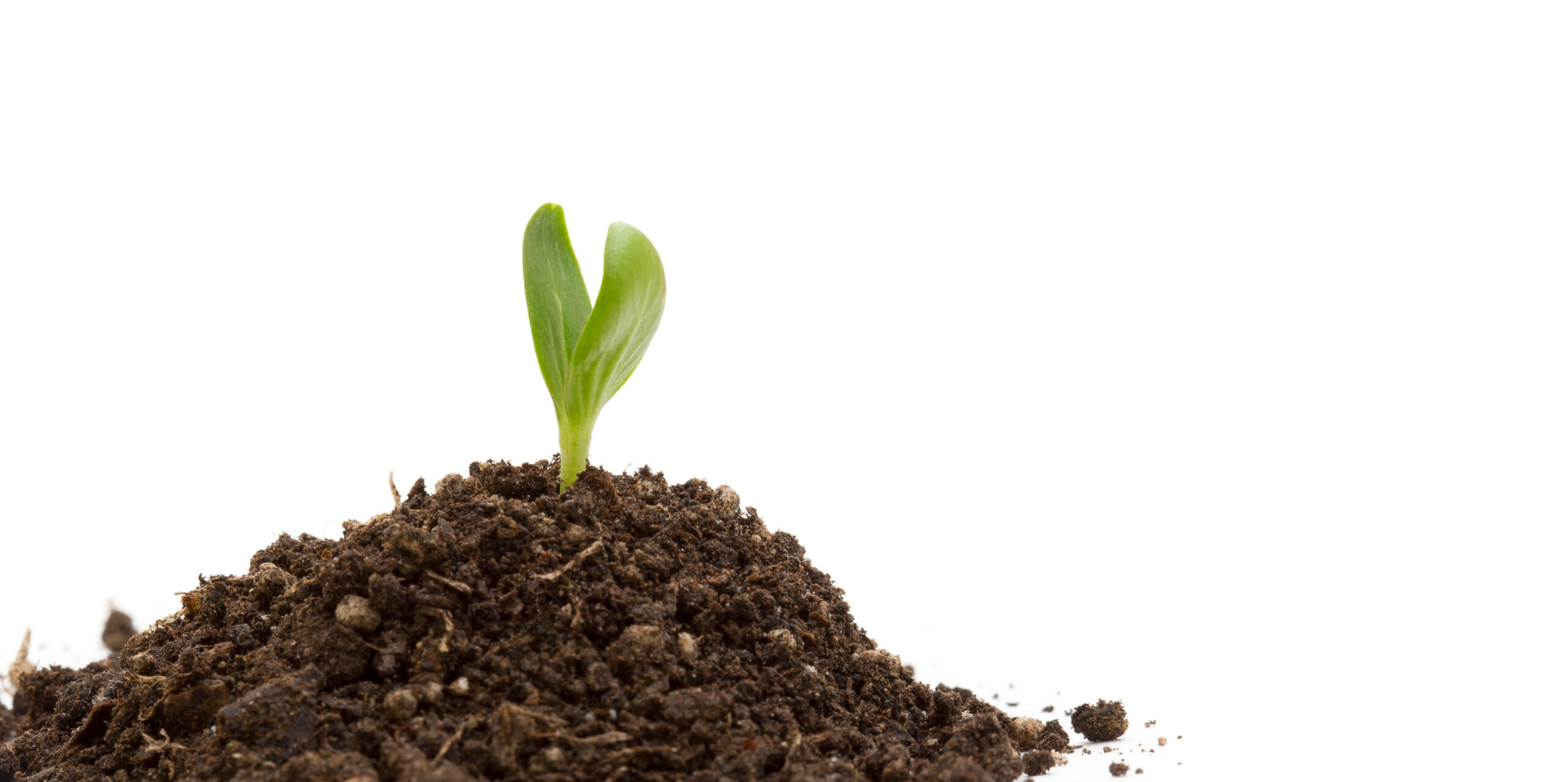Iodine is necessary for plants to perform
Plants are essential to our survival on earth, and food security is under threat due to a growing world population. Therefore, we must adapt to produce more food on less arable land, with less available water, as well as being mindful of water quality. Luckily, farmers or food producers are an ever-adapting species. The mind-set has changed from a few years back to be more focused on production, and words like water-use efficiency and nutrient-use efficiency have become part of our everyday agricultural vocabulary. SQM, with its slogan “Solutions for Human Progress” has walked the extra mile and is constantly searching for ways to improve.
For a plant to complete a normal life cycle, there are a few essentials required like sunlight, CO2 and water. From a nutrient perspective however, a fresh definition for a mineral plant nutrient is: an element which is essential or beneficial for plant growth and development or for the quality attributes of the plant or harvested product, of a given plant
species, grown in its natural or cultivated environment**. It is well researched that we have mineral nutrients that are required in larger amounts than others, and that is where the concept of Justus von Liebig’s “Law of Minimum” began. SQM began researching the effect of Iodine as a plant nutrient 10 years ago, applying it to plants in various ways. The plants reacted to iodine in a positive manner regarding increased biomass and root development.
The test was conducted with Arabidopsis thaliana, a plant of the mustard seed family, with well known gene expression and protein bindings. What was concluded in the test is: Plants need iodine and that plants can also suffer from iodine deficiency. This means that plants can recognize iodine and respond to changes within the gene expression. It was seen with a gene-chip that 531 genes in the roots and 48 genes in the rosettes respond uniquely to iodine. Iodination of proteins means that plants bind iodine in proteins, which plays an important and conserved function in biological processes of the plants . With the help of radio-isotope detection, it was noticed that iodine is bound into 82 proteins in the plant. The IFA (International Fertilizer Association) has declared that iodine is a plant beneficial nutrient.
The question now is how do we supply crops with the right amount of iodine? SQM has developed a product called Ultrasoline K Plus* – Potassium Nitrate with added Iodine – which contains a calculated amount of Iodine in the product. All horticultural crops have a requirement for Potassium Nitrate in the nutrient solution. By applying Ultasoline K Plus to your crops, you will be supplying N- in the form of Nitrate and Potassium as well as the right amount of iodine. The best results have been achieved when Ultrasoline K Plus was fertigated in the nutrient solution.
Worldwide trials in over 52 countries, on different crops in different climate conditions, have seen on average a 10% increase in yield when compared to Potassium Nitrate without iodine. Furthermore, Ultrasoline K Plus has shown in these trials that the calcium content of the fruits increased throughout the season; this concludes that Iodine has an effect on the Calcium signaling within the plant, and therefore ensures that in the presence of good Calcium fertigation, the redistribution of Calcium to the fruits will be enhanced.
A test was done at the University of Ghent regarding the pollen viability on peppers when exposed to heat stress. This was done by way of exposing a flower bud to 35 degrees Celsius heat for 24 hours, and testing the viability after exposure. It was noticed that only 1% of pollen was still viable without Ultrasoline K Plus. In contrast, 25% of the pollen was still viable with the added iodine in Ultrasoline K Plus.
Ultrasoline K Plus is an easy, compatible and scientific method of ensuring that a plant receives enough Iodine throughout the life-cycle of the plant.
*Reg No K11316 Act 36/1947. Registration holder Sociedad Quimica y Minera (Africa)(Pty)Ltd
** References can be available on request.
Disclaimer
The information herein contained is given to the best of SQM’s knowledge and is believed to be accurate. The conditions of your use and application of the suggested recommendations, are beyond our control. No warranty is made as to the accuracy of any data or statements contained herein. SQM specifically disclaims any responsibility or liability relating to the use of the recommendations and shall under no circumstances whatsoever, be liable for any special, incidental or consequential damages arising from such use.



